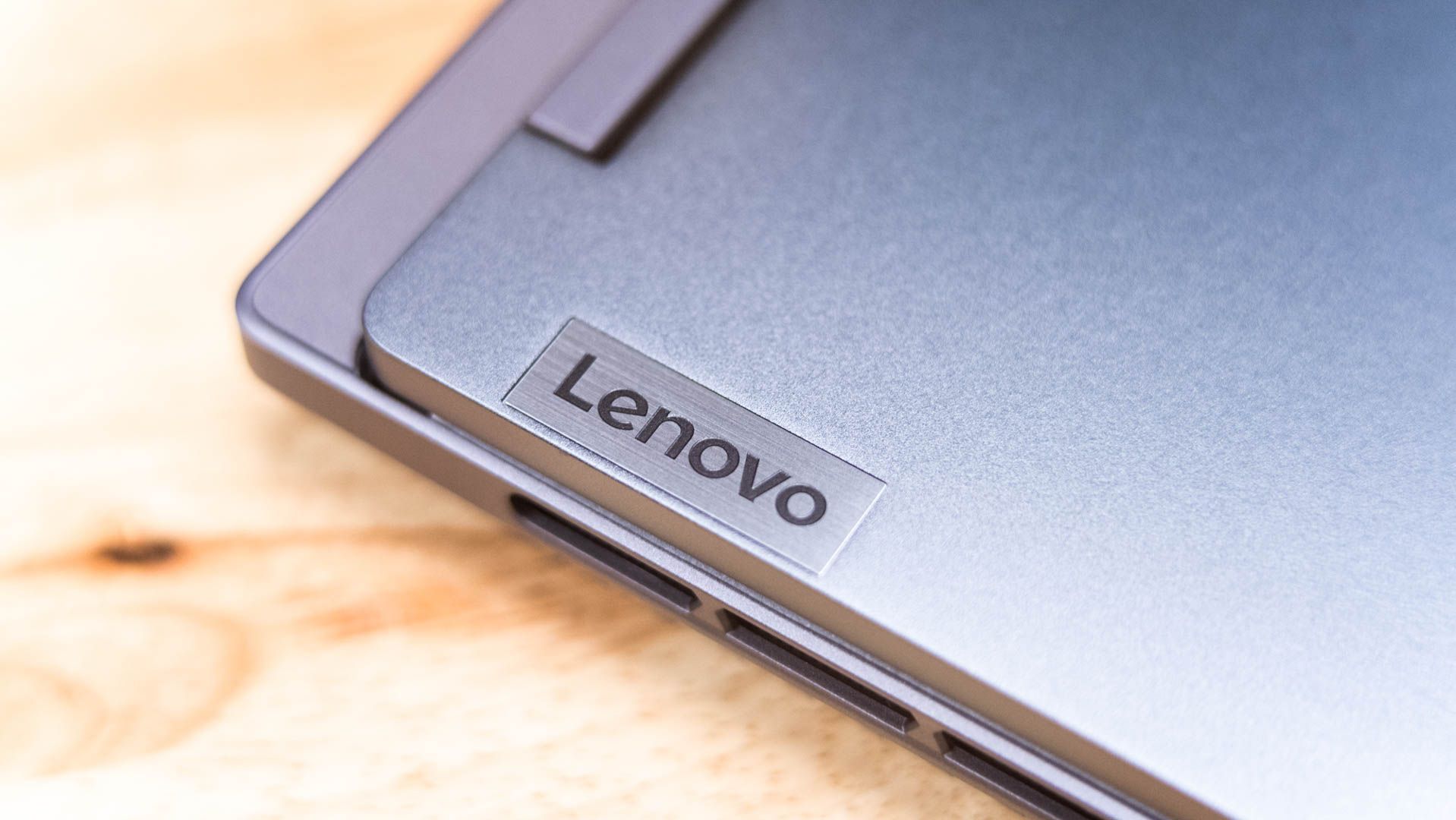
As The Crown‘s final season opens, a man walks his dog through Paris late at night, along the Seine. From the setting alone, most of us know what’s coming, whose fate is about to be sealed.
As a car speeds past the walker into the Pont de l’Alma tunnel, chased by paparazzi, it’s immediately clear where Peter Morgan’s series will have its eye fixed: the final season of The Crown belongs to Princess Diana and Dodi Fayed. Here, The Crown finally arrives at its Rubicon, the couple’s shocking death in 1997, and the Royal Family’s broadly criticised reaction (or lack thereof) to the tragedy.
‘The Crown’ Season 5 review: Debicki’s Diana reigns supreme amid a monarchy in crisis
After years of reimagining the intricacies and major decisions of the British royal family through the reign of Queen Elizabeth II, Morgan’s opulent Netflix series is coming to a close. Season 5 followed the tumultuous early ’90s, when public opinion of the monarchy was in freefall amid Prince Charles and Princess Diana’s divorce. But in Season 6, Part 1, the series spends most of its time beyond Balmoral, instead focusing on a media-plagued relationship developing on the shores of Saint-Tropez.
Despite the season’s events happening 26 years ago, they still feel resonant, with increased conversations around paparazzi and the tumult of the media’s harassment of celebrities prominently taking over documentaries, memoirs, fellow series, and online conversations. However, the most troubling part of The Crown (beyond the uh, use of ghosts) erupts from this very spot, prompting questions of our own viewership that aren’t easily answered.
What is The Crown Season 6, Part 1 about?

Prince Harry (Luther Ford), Princess Diana (Elizabeth Debicki), and Prince William (Ed McVey).
Credit: Daniel Escale/Netflix
Set in the late ’90s and glistening with a fittingly George Michael-heavy soundtrack, Season 6 of The Crown follows the same time period covered in Stephen Frear’s 2006 Helen Mirren-led film The Queen, beginning with Tony Blair’s election as prime minister in May 1997, months before the death of Princess Diana in August 1997. Unlike The Queen (and Michael Sheen’s exceptional performance as the PM), Blair’s role is largely absent from The Crown, a shame for actor Bertie Carvel but a win for the audience more interested in the story of Diana (an impeccable Elizabeth Debicki).
Though she’s divorced from the heir to the throne and self-described as “persona non grata” to the royals, Diana is beset by press and public attention, much to the dismay and judgment of the Crown. As the Queen (the superbly stoic Imelda Staunton) explains, “As a divorced woman and no longer an HRH, Diana is now learning the difference between being officially in the royal family and out.” Meanwhile, Prince Charles (Dominic West) is scrambling to bolster his and Camilla’s (Olivia Williams) public image, using royal “spin doctor” Mark Bolland (Ben Lloyd-Hughes) to make him a “broadsheet prince” in opposition to Diana’s “tabloid princess.”

Prince William (Ed McVey), Prince Charles (Dominic West), and Prince Harry (Luther Ford)
Credit: Keith Bernstein/Netflix
Honestly, things are downright boring in the palace, with the most exciting thing to happen the launch of a new royal website loaded up mid-meeting on a dial-up Dell — a meeting in which Princess Anne (Claudia Harrison) physically yawns. Though Staunton and West are characteristically brilliant, watching Charles beg for public approval for his love match from his mummy feels like we’ve been in this weird confrontation for years.
Instead, the season belongs to Diana and Dodi, whose fate beyond the walls of Buckingham Palace or Balmoral Castle is foreshadowed with Hans Zimmer’s Crown theme song slowed down to a funerary march.
The Crown and the death of the “people’s princess”

Dodi (Khalid Abdalla) and Diana (Elizabeth Debicki).
Credit: Daniel Escale/Netflix
Following a superb portrayal by a rollerskating Emma Corrin in Season 4, Debicki picked up the role of Princess Diana in Season 5 with a truly understated performance through Diana and Charles’ rocky relationship, struggles with mental health, and her tempestuous relationship with the media.
In Season 6, Diana is trapped in an endless cycle of harassment from the paparazzi, a flotilla of photographers sitting constantly on the horizon. Debicki’s Diana shines in her brightly hued, flawless ’90s wardrobe of neon swimsuits and oversized Adidas tees on the sparkling seas, upstaging the greys and tartans of the royals grumbling over headlines back in England. A downward glance, a small smile, and flawless delivery, Debicki has complete control over The Crown‘s interpretation of the princess, who attempts to use her towering platform to raise awareness of the Landmine Survivors Network and confides in her sons like best friends, a representation akin to that of Spencer’s Kristen Stewart. But there’s a sense of foreboding in these visuals, especially the recreated image of Diana sitting on a diving board, the one snapped by the paps a week before her death.

A harrowing recreated image.
Credit: Daniel Escale/Netflix
The Crown notably gives considerable room to Dodi (Khalid Abdalla) himself, also victim of tragedy but rarely given as much attention. His father, Mohamed Al-Fayed (the sublime Salim Daw) laments the erasure of Dodi from British press coverage of their deaths: “It’s as if only one person died.”
In episode 3, The Crown treats the night of Diana and Dodi’s death like a terrible puzzle, placing importance on details which have been scrutinised and investigated and re-scrutinised since. Contrasted with these scenes, The Crown includes scenes of Prince William (Ed McVey) in Balmoral, killing his first stag — an overt, if not slightly garish metaphor about the hunters and the hunted.
But there’s an uncomfortable truth hiding within these episodes. Essentially, The Crown does what every photographer in the world was trying to do: put you inside the yacht, inside the car. The Crown‘s decision to put the audience up close with Diana and Dodi that night, through every tiny moment until their last, stays true to the point of the series — recreating historic moments in the lives of the royal family. But this one feels different. It feels like we’ve become the villains, elbowing our way into the final moments of a couple who tried desperately to escape such brutal attention. For six seasons we’ve happily been these voyeurs, keen for a glimpse inside Princess Margaret’s doomed relationship, the early courtship of the Queen and Prince Philip, and the awkward mechanics of Charles and Camilla’s affair, but in this final season, the need to be in the room where it happened suddenly feels wrong.
We need to talk about the ghosts

So…
Credit: Netflix
In the aftermath of Diana and Dodi’s deaths, certain creative choices may divide viewers of The Crown, namely the use of surrealism to imagine conversations between royals. Yes, ghosts. But not Spencer ghosts.
The Crown includes a scene of imagined conversation between Charles and Diana on the royal plane, and even more provocatively, the Queen and Diana at Balmoral, in both cases wearing her signature black turtleneck from Season 5. It’s the only part of the entire series of The Crown that uses surrealism to dig into the minds of these famous figures, and people will love it or hate it.
The scene with the Queen will inevitably cause the most conversation, as the monarch’s decision in The Crown to finally issue a public statement of support directly comes from her conversation with Diana — not Charles, who’s been making the case for days. Sitting on the couch together, they watch people in deep grief outside Buckingham Palace on TV.
“I hope you’re happy now. You’ve finally succeeded in turning me and this house upside down,” the Queen tells Diana, scoffing at her insistence that it wasn’t her intention. “Look at what you’ve started. It’s nothing less than revolution.”
What does this mean for The Crown? In a series where exacting every detail has become fodder for fact-checkers, this is one hell of a curveball. While Diana’s ghost feels slightly off-kilter for the show, where it works better is with the ghost of Dodi, appearing to his father directly after his funeral. This scene allows Daw to show Mohamed’s pure honest disappointment and hurt over the Royal Family’s silence, while asking his son for forgiveness — it’s a beautiful performance of a father in deep grief.
The closer to the present, the less necessary The Crown gets

Imelda Staunton as Queen Elizabeth II.
Credit: Netflix
So, where will The Crown go from here for Part 2? Moving into the new millennium, the series will particularly look to the future king, Prince William, and his fateful meeting with Kate Middleton on campus at the University of St Andrew’s in Scotland in 2001. The Queen’s Golden Jubilee and Charles and Camilla’s marriage are as exciting as it will get, so, yeah.
How The Crown will sign off on the Royal Family and avoid more recent controversy will be interesting to see, especially with the most recent rattling with the release of Prince Harry’s book Spare. In fact, The Crown Season 6, episode 4, appears to hint at public statements made by Prince Harry, especially in a scene where Prince Phillip (Jonathan Pryce) actively warns the young princes to ignore public calls of support as they march behind their mother’s coffin. “Don’t react,” Phillip tells William during the march. “Keep your eyes forward or on the ground. Concentrate on the act of walking. Step by step.”
Mental health is a key issue for the royal family. So, why is it failing behind closed doors?
The Crown seems to hide inferences in Diana and Dodi’s relationship too, especially when Dodi is speaking to Diana in episode 3 about the racist abuse he’s receiving in the press for being in a relationship with Diana, with headlines like “Why can’t Di find a nice English boy?” Sounds familiar.
“It’s been getting worse for me too,” Diana replies. “They make like they’re your friend and they write insult after insult anyway. Makes me want to just move away. Start afresh. Move to another country, somewhere like…”
“California,” Dodi suggests. It’s not subtle.
The closer the series comes to current headlines, the less the series feels as compelling, especially as public perception of the royal family continues to shift. Season 6 sees the proximity to the present rendering the series less revelatory the closer to recent headlines we get. Beyond here, the relatability, role, and financial standing of the Royal Family feels too close for a TV drama, as “the system” continues to be publicly scrutinised — even more so following the Queen’s death in September 2022.
Those curious to see what The Crown believes happened around one of the most defining moments of the ’90s should give it a look, though it’s Debicki’s performance alone that makes the season worth watching. Without Diana in the second half, it’ll be up to Staunton to deliver the goods.
But without a doubt, it’s time for The Crown to end.
How to watch: The Crown Season 6 Part 1 is now streaming on Netflix. Part 2 will be streaming Dec. 14.






